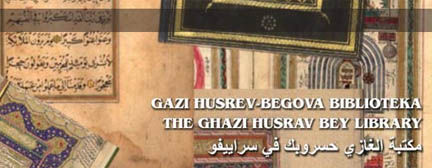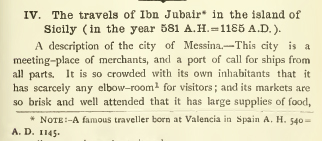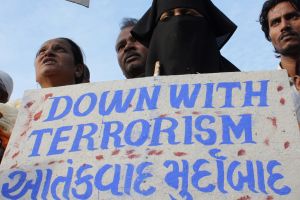
[Note: With all the current battles going on in the Middle East, here is a novel on one that took place a very long time ago.]
The Battle of Poitiers: Charles Martel and ‘Abd al-Rahman
Authored by Jurji Zaidan
Translated by William Granara
Published by CreateSpace, April 2, 2012
ISBN/EAN13: 0984843507 / 9780984843503
It is the year 732 AD. Ten years after the Arab conquest of Spain in 711AD, Emir Abd al-Rahman Governor of Spain, conquered and became Governor of southern France. He is moving northwards towards Poitiers to confront the Franks under Charles Martel and then overrun Rome and Constantinople and reach Damascus, the capital of the Islamic Empire. Will Europe be able to thwart the plan to bring Islam to the whole Mediterranean basin? As the armies of Abdel Rahman and Charles Martel confront each other at Poitiers, the future of Christendom in Europe depends on the outcome of this epic battle…
Romance and intrigue provide the central plot of this historical novel that are woven into the events culminating in the Battle of Poitiers. The beautiful Maryam is a woman of extraordinary honor and great courage who has fought in many battles. She has many suitors: Hani, Captain of the Arab Cavalry and Bustam his rival and Chieftain of a Berber Tribe. Last but not least Emir ‘Abd al-Rahman, is also enamored with her. A fast paced game of spies and counterspies is played out as the identity and true loyalties of many of the novel’s main characters, straddling both the Christian and Muslim worlds, is revealed — influencing the outcome of the Battle of Poitiers and the contest for Maryam’s heart…






